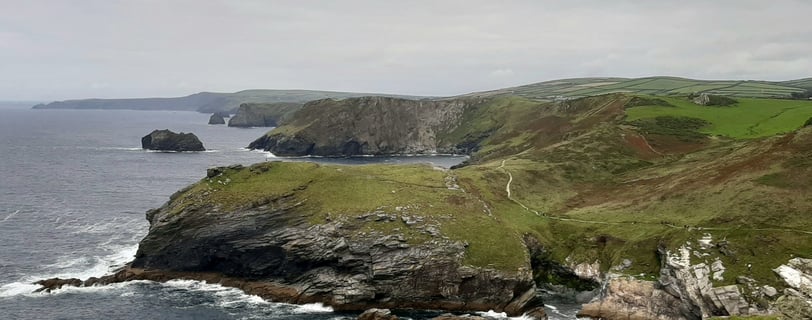Travel writing: sensory detail in Niall Ferguson’s 'Empire'
TRAVEL WRITINGCREATIVE WRITINGWRITING TIPS
Carl Stevens
4/1/20252 min read
In Empire: How Britain Made the Modern World (2003), Niall Ferguson, a British historian, recalls his childhood memories of Kenya in the late 1960s. In the sentence below, taken from the introduction of the book, he overtly guides us from sight to sound to smell to taste, building up, phrase by phrase, a panoramic, immersive, and multi-sensory scene imbued with the essence of East African life. In the context of a history book, albeit a very readable and colourful one, crammed with anecdotes, this descriptive passage really stood out.
‘It was a magical time, which indelibly impressed on my consciousness the sight of the hunting cheetah, the sound of Kikuyu women singing, the smell of the first rains and the taste of ripe mango.’ (p.xiv)
Ferguson employs the simple, generic nouns sight, sound, smell, and taste, introducing each component of his description with the + noun + of. In creative writing, the advice is often to avoid nouns like these and opt for words that provide more information about the quality of the sensory detail instead, like stench for a smell, for instance, or crash for a sound. However, plain language can also be more transparent, allowing us to focus on the scene being presented without the language getting in the way. So it’s not always necessary to hunt for a fancier alternative; it depends on how you want the sentence to read.
Let’s experiment a little with two fragments of Ferguson’s sentence. ‘The sound of Kikuyu women singing’ could become ‘the pulse of Kikuyu women singing’; and instead of ‘the taste of ripe mango’, we could have ‘the tang of ripe mango’.
‘It was a magical time, which indelibly impressed on my consciousness the sight of the hunting cheetah, the pulse of Kikuyu women singing, the smell of the first rains and the tang of ripe mango.’
Do these add something? Do they improve the overall sensorial experience? Personally, I think pulse works well here as it provides us with more information about the rhythmic nature of the women’s songs, adding an element of motion and perhaps even activating our sense of interoception. Tang, on the other hand, I think is less effective since it tells us something that we had likely already imagined: the taste was strong and sharp. The repetition of ‘ang’ (/aŋ/) does, however, have a pleasing sonic quality.
Which one do you prefer, the original or the adapted sentence?
References:
Ferguson, N. (2003). Empire: How Britain Made the Modern World. Penguin Books
Photo:
Tintagel, UK | Carl Stevens, 2025
Carl Stevens is an English language specialist, creative linguist and travel writer based in Siena, Italy. He has a BA in Creative Writing and English Literature and an MA in Songwriting from Bath Spa University, Bath, UK. He also has a surfboard and a Siamese cat.


